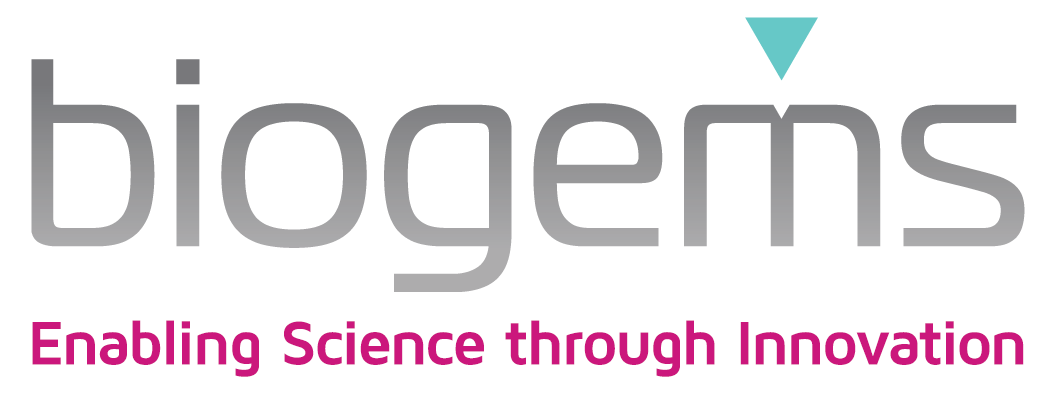CHIR 98014
description
Additional Information
|
Applications:
|
FA
|
|
Synonyms:
|
CHIR98014, CHIR-98014
|
|
Formulation:
|
Crystalline solid
|
|
Chemical Name:
|
6-N-[2-[[4-(2,4-dichlorophenyl)-5-(1H-imidazol-2-yl)pyrimidin-2-yl]amino]ethyl]-3-nitropyridine-2,6-diamine
|
|
Molecular Formula:
|
C20H17Cl2N9O2 |
|
Molecular Weight: |
486.3
|
|
CAS Number
|
556813-39-9
|
|
Purity:
|
≥98%
|
|
Storage Conditions:
|
Product should be kept at -20°C.
|
|
References:
|
Ring, D. B., Johnson, K. W., Henriksen, E. J., Nuss, J. M., Goff, D., Kinnick, T. R., ... & Wagman, A. S. (2003). Selective glycogen synthase kinase 3 inhibitors potentiate insulin activation of glucose transport and utilization in vitro and in vivo. Diabetes, 52(3), 588-595. Naujok, O., Lentes, J., Diekmann, U., Davenport, C., & Lenzen, S. (2014). Cytotoxicity and activation of the Wnt/beta-catenin pathway in mouse embryonic stem cells treated with four GSK3 inhibitors. BMC research notes, 7(1), 1. Lian, X., Bao, X., Al-Ahmad, A., Liu, J., Wu, Y., Dong, W., ... & Palecek, S. P. (2014). Efficient differentiation of human pluripotent stem cells to endothelial progenitors via small-molecule activation of WNT signaling. Stem cell reports, 3(5), 804-816. Lian, X., Hsiao, C., Wilson, G., Zhu, K., Hazeltine, L. B., Azarin, S. M., ... & Palecek, S. P. (2012). Robust cardiomyocyte differentiation from human pluripotent stem cells via temporal modulation of canonical Wnt signaling.Proceedings of the National Academy of Sciences, 109(27), E1848-E1857. |
